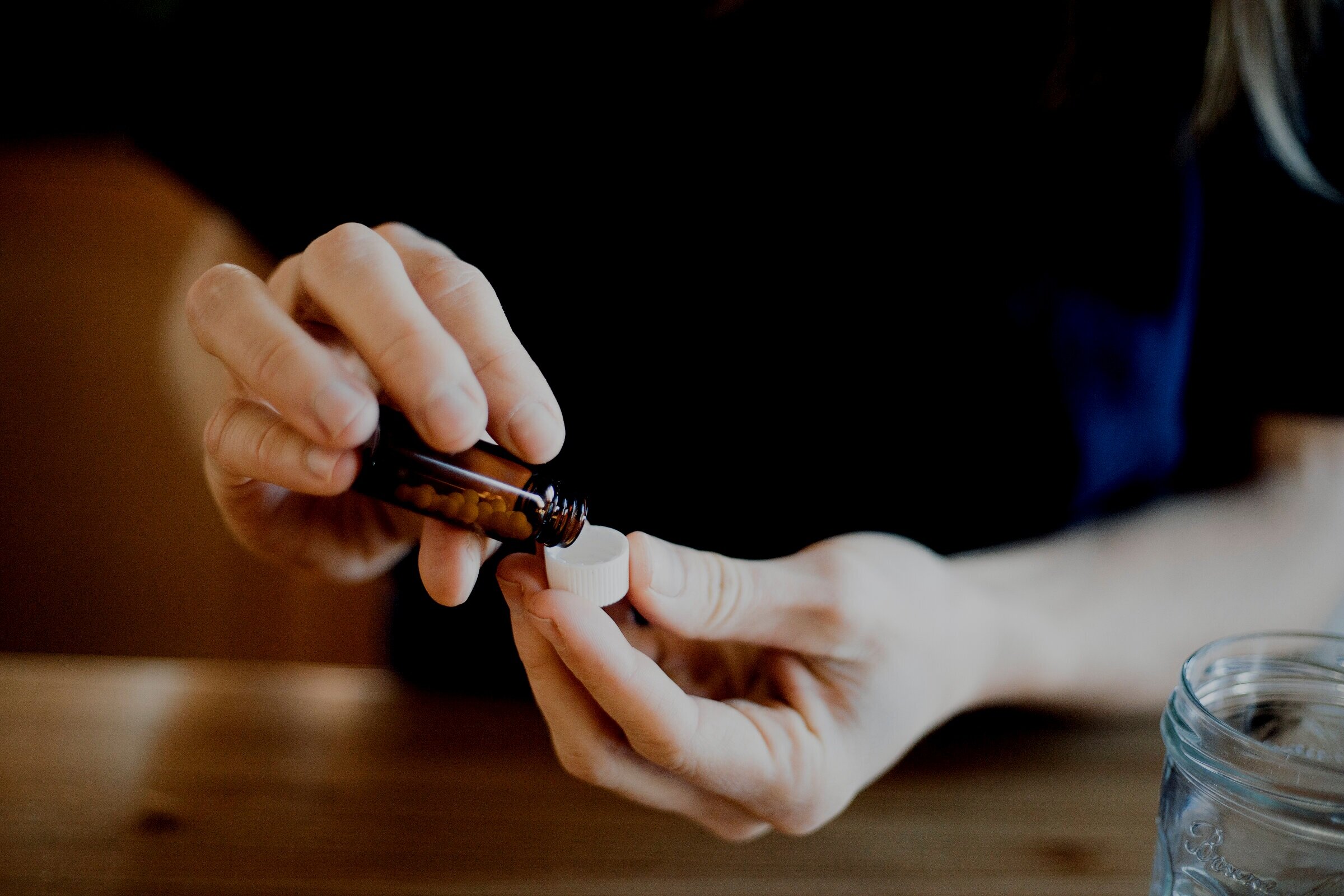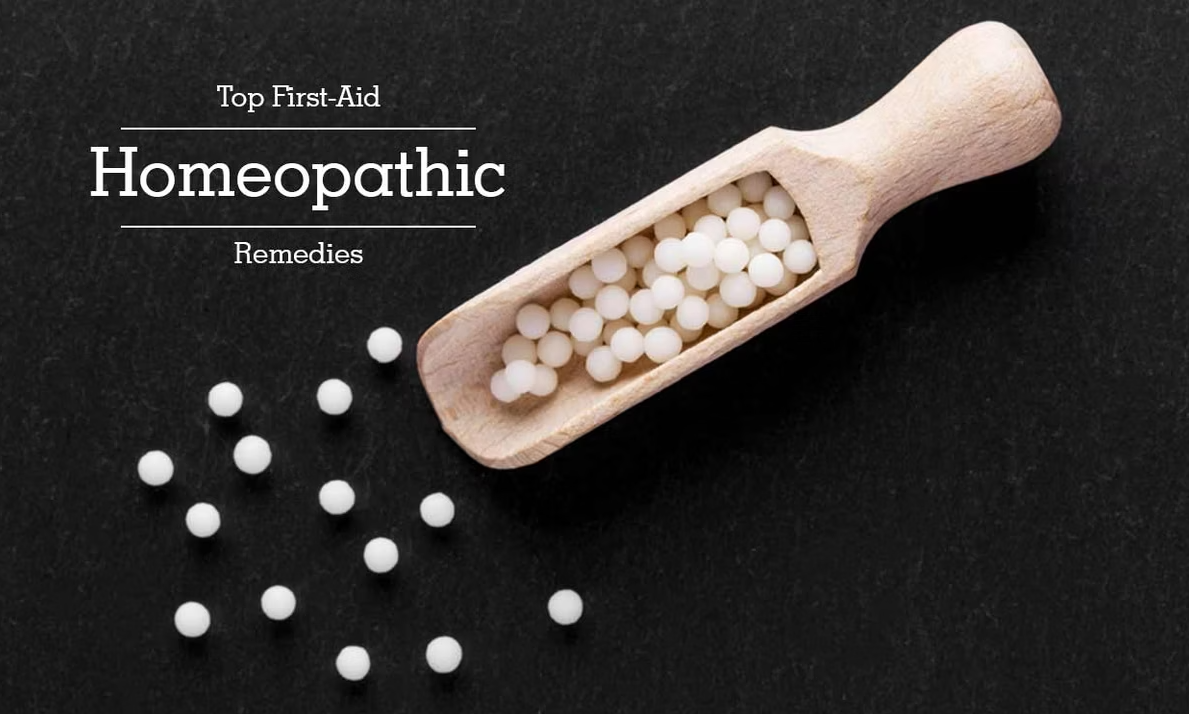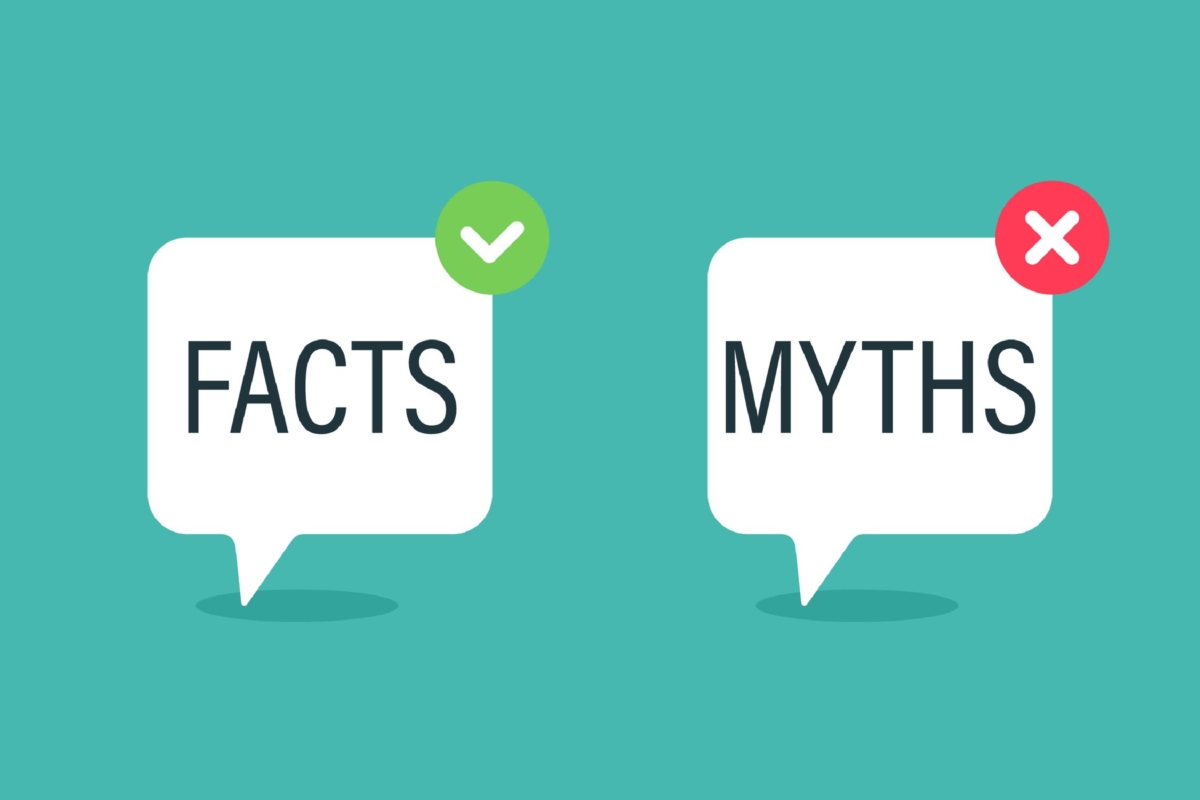
- Homeopathy
- August 22,2024
- BY Shelly Sharma
- 0 Comments
Homeopathy is a holistic system of medicine that has been practiced for over 200 years. It is based on the principle of treating the individual as a whole, rather than just addressing specific symptoms. Central to homeopathy are the concepts of the Law of Similar and potentization, both of which form the foundation of this unique and effective approach to healing.
“ Homeopathy lays only over my experience. Do imitate me, but do it well and you shall see at each step the confirmation of my statements!”
Samuel Hahnemann, Founder of Homoeopathy
The Law of Similar: “Like Cures Like”
At the heart of homeopathy is the Law of Similar, often summarized as “like cures like.” This principle suggests that a substance that can cause symptoms in a healthy person can be used to treat similar symptoms in a sick person. For example, if a person experiences symptoms of nausea after consuming a specific substance, a homeopathic remedy made from that substance could be used to treat nausea in another individual.
This idea is not entirely new and can be traced back to ancient medical traditions. Hippocrates, the father of modern medicine, recognized the potential of this approach, and it was later formalized by Dr. Samuel Hahnemann, the founder of homeopathy, in the late 18th century. Hahnemann observed that substances that produced certain symptoms in healthy people could be used to treat those same symptoms in individuals suffering from illness. This discovery led him to develop a system of medicine that focuses on the individual’s overall health and unique symptoms, rather than simply targeting the disease itself.
Potentization: The Art of Dilution and Succussion
Another key concept in homeopathy is potentization, a process that involves the systematic dilution and succussion (vigorous shaking) of a substance. Potentization is what makes homeopathy distinct from other forms of natural medicine.
In homeopathy, remedies are prepared by diluting a substance in water or alcohol, followed by succussion. This process is repeated multiple times, resulting in a remedy that may contain only a minute amount of the original substance, if any at all. The idea behind potentization is that the more a substance is diluted and succussed, the more potent its therapeutic effects become. This concept challenges the conventional understanding of dose-response relationships in medicine, where a higher dose typically produces a stronger effect.
The idea that a highly diluted substance can be effective is often met with scepticism, but homeopathy operates on the belief that the process of potentization enhances the energetic or informational properties of the remedy, allowing it to interact with the body’s vital force. This vital force, a concept similar to the idea of life energy found in many traditional healing systems, is believed to regulate health and well-being. By stimulating the vital force, homeopathic remedies help the body to heal itself.
Individualized Treatment: The Core of Homeopathy
One of the most important aspects of homeopathy is its focus on individualized treatment. Homeopathic practitioners consider not only the physical symptoms but also the mental, emotional, and environmental factors that contribute to a person’s overall health. This individualized approach ensures that the treatment is tailored specifically to the person’s unique condition, rather than applying a one-size-fits-all solution.
For example, two people suffering from migraines might receive completely different remedies based on their specific symptoms, emotional state, and personal circumstances. One person might be prescribed a remedy made from Belladonna, known for treating sudden, intense headaches with a throbbing pain, while another might receive Natrum Muriaticum, which is more suited for migraines triggered by emotional stress or grief.
Conclusion: A Holistic Approach to Healing
Homeopathy’s foundational principles, the Law of Similars and potentization, represent a unique and holistic approach to healing that seeks to treat the whole person rather than just the disease. By working in harmony with the body’s natural healing processes, homeopathy offers a gentle, yet powerful, alternative to conventional medicine.
Whether you are new to homeopathy or have been exploring it for years, understanding these core concepts is essential to appreciating the depth and potential of this time-honoured system of medicine. As more people seek natural and individualized healthcare options, homeopathy continues to offer a valuable path to wellness and balance in a world increasingly dominated by pharmaceutical interventions.








